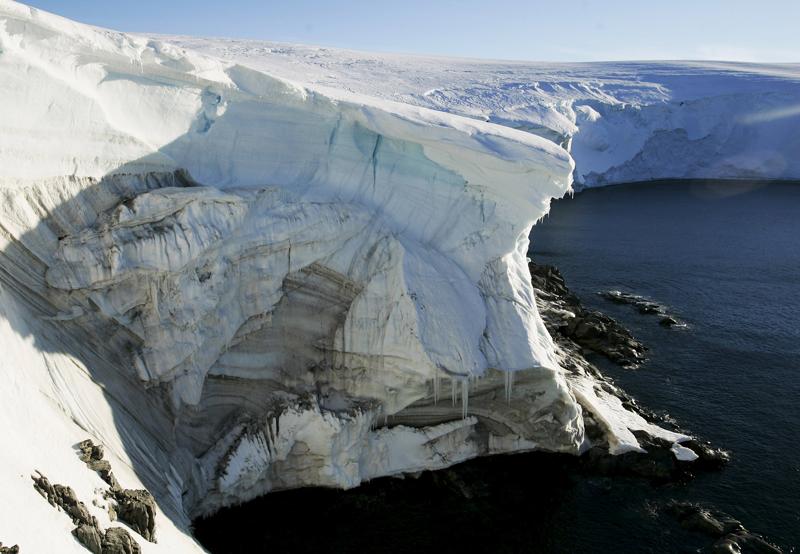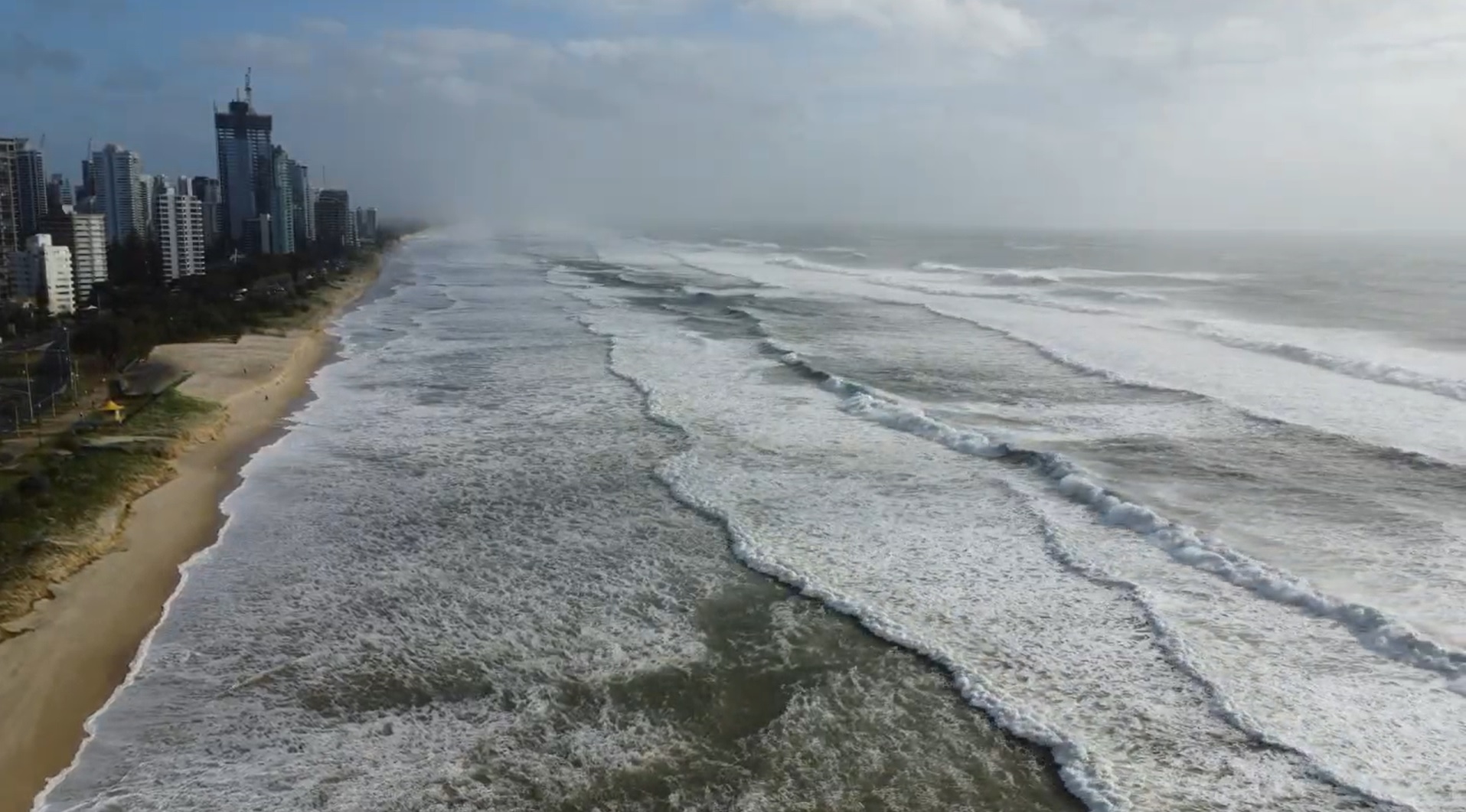Antarctica's melting ice alone may lift seas a meter by 2100: study
Thu 31 Mar 2016, 13:08:18

Melting ice from Antarctica could raise oceans by a metre before 2100 at current rates of greenhouse gas emissions, doubling previous forecasts for sea level rise, according to a study released on Wednesday.
Such an abrupt change would spell disaster for major cities and coastal areas across the globe, forcing hundreds of millions of people to seek higher ground.
Over a longer time scale, the study concluded, the picture is even grimmer: within 500 years, Earth’s once-frozen continent will have lifted water lines by more than 15 meters (50 feet), reconfiguring the planet’s coastlines.
“Frankly, I hope we’re wrong about this,” Robert DeConto, lead author of the study and a climate scientist at the University of Massachusetts, told AFP.
But independent experts contacted by AFP said the study was probably on target.
While sharing DeConto’s sense of alarm, they praised the new research, published in the peer-reviewed journal Nature, as “really good science.”
Up to now, estimates of how many centimetres or inches Antarctic melt-off would add to the world’s oceans over the next 85 years have been conservative.
The latest report from the UN
Intergovernmental Panel on Climate Change (IPCC), a federation of several thousand scientists that report to governments on global warming and its impacts, put that number at about a dozen centimetres (five inches), all of it from a relatively small section called the West Antarctic Ice Sheet.
Intergovernmental Panel on Climate Change (IPCC), a federation of several thousand scientists that report to governments on global warming and its impacts, put that number at about a dozen centimetres (five inches), all of it from a relatively small section called the West Antarctic Ice Sheet.
The IPCC predicted that total sea level rise from all sources -- including the expansion of water as it warms, melting glaciers, and the Greenland ice sheet -- would probably not top a meter by century’s end.
But the low figure for Antarctica had more to do with gaps in knowledge than differences of opinion.
Scientists have long struggled, for example, to understand the role Earth’s southern extremity played during earlier periods of global warming -- 125,000 and three million years ago -- when temperatures barely warmer than our own raised oceans to levels six-to-10 metres higher than today.
“In both cases, the Antarctic ice sheet has been implicated as the primary contributor, hinting at its future vulnerability,” the study said. But how, exactly, the planet’s ice continent -- far colder than the Arctic, and thus less subject to melting -- disintegrated remained a mystery.
No Comments For This Post, Be first to write a Comment.
Most viewed from International
Most viewed from World
AIMIM News
Delhi Assembly polls: Owaisi leads Padyatra in Okhla
Feb 01, 2025
We reject this Waqf Amendment Bill: Asaduddin Owaisi
Jan 30, 2025
Latest Urdu News
Most Viewed
May 26, 2020
Which team will win the ICC Men's Champions Trophy 2025 held in Pakistan/Dubai?
Latest Videos View All
Like Us
Home
About Us
Advertise With Us
All Polls
Epaper Archives
Privacy Policy
Contact Us
Download Etemaad App
© 2025 Etemaad Daily News, All Rights Reserved.


.jpg)
.jpg)
.jpg)





.jpg)













.jpg)

















